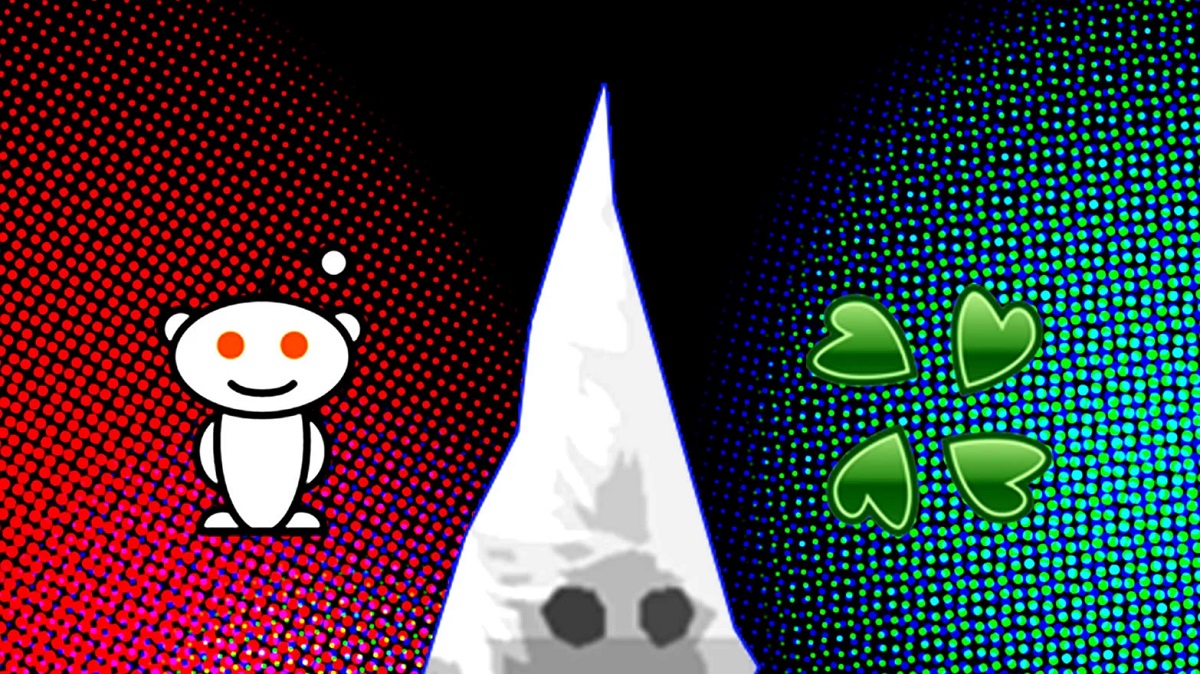On a cold day in February 2007, trolls were hard at work to convince Paula Zahn, a CNN reporter, of a bogus September 11 conspiracy: that Israeli agents covertly carried out the attacks. The disinformation infiltrated CNN and even encouraged the cable news outlet to start a round-table discussion on antisemitism. CNN ran the story without fact-checking.
Later, the same sleuths went on to convince the internet that over 4,000 Jews had taken a day off from work on the morning preceding 9/11, a disinformation campaign that turned into a far-right conspiracy theory, which some still believe to be true. Conspiracy theorists were also persuaded that Israelis were dancing on September 11th, which was another propaganda effort.
The culprits responsible, known as the GNAA, predates the current era of social media trolling, before Mark Zuckerberg or Jack Dorsey unveiled to the world their idea for electronic communication. The group would carry on the tradition, all the way into the US presidential election of 2016.
The Creation of Influence Trolls
It’s unknown who caused the first domino to fall. But after doing research, one could speculate that influence trolling got its start through far-right groups starting in the 1990s, and through the early 2000s, around the time 4chan and the GNAA formed.
4chan, the infamous imageboard site started by Christopher Poole, would go on to be the breeding house of trolls looking for a reaction and to influence others with disinformation.
Many prominent Internet cultures began on 4chan, including the hacktivist movement Anonymous, the alt-right, Pepe the Frog memes, and Rick-rolling. With the help of anonymity, 4chan has become the most powerful trolling community in the history of cyberspace. They are responsible for countless vexatious attacks on celebrities, social or political movements, and religious beliefs.
A reaction troll is an individual who generally engages in anti-social behavior to achieve a sense of pleasure. These trolls carry personality traits synonymous with the Dark Triad: narcissism, psychopathy, and Machiavellianism, in addition to sadism. Influence trolls, on the other end, are an army of trolls or bots that carry out strategic financial, business, or political aims. Businesses, organizations, the military, and state governments all have troll armies ready for information warfare.
In 2010, the U.S. Air Force began hiring private security companies to create fake identities on social media to operate using a virtual private network (VPN). The operation debuted at MacDill AFB in Tampa, Florida, and later expanded into the Middle East to manipulate foreign propaganda. The contracting officer was Russell Beasley of St. Petersburg, Florida.
The US, however, is not the only country that operates sockpuppets for influence operations. A lot of other countries have their own army of internet soldiers, some of which have been made public, and others remain in the shadows. Russia directs the St. Petersburg-based Web brigades; China: the 50 Cent Party; Mexico: the Peñabots; India: the BJP’s army; and Britain: the 77th Brigade.
But the most dangerous of all lies, according to many scholars, within the alt-right groups founded in the US.
Far-Right Trolls vs U.S. Election
A couple of weeks before election day, in 2016, alt-right trolls had coordinated an elaborate attack on Hillary and Bill Clinton’s Wikipedia page, which at the time was probably seeing millions of visitors.
A pro-Trump message was left behind, merely announcing their endorsement of then-Presidential candidate Donald Trump. The group was the GNAA, founded by a team of cyberterrorists and grey-hat hackers. Members linked to the GNAA include Andrew Auernheimer and Daniel Spitler.
The GNAA has carried out other politically motivated attacks in the past, targeting CNN and Barack Obama’s 2008 Presidential Campaign. However, shifting back to 4chan, some claim that this alt-right community is responsible for Trump’s rise to power. We know 4chan pushed stories from sites like InfoWars into the mainstream media and social platforms, but here’s the million-dollar question: Since some 4chan users mask their IP addresses and post from different countries, including the UK, Australia, and even Russia, did other countries help 4chan meddle in the 2016 US election?
“I think it’s widely known that the most recent election was very much driven by massive amounts of disinformation on the internet. Many of those consisted of fake images and memes originating from websites such as 4chan and 8chan,” Samantha North, a doctoral researcher at the University of Bath specializing in disinformation and memetic warfare, told Mental Daily.
According to North, memes are powerful tools used for disinformation, as they are more likely to be perceived as true and users react to them quicker than words.
In late-2017, it was widely reported in the mainstream media of a troll factory in St. Petersburg, Russia that utilized 4chan-style memes on Facebook to try and influence activists in the US.
Did the Russian-based troll factory, formerly known as the Internet Research Agency, study alt-right groups like 4chan or collaborate with them to conduct psychological warfare on Americans?
“I think 4chan, as a notorious outlet for images of this sort, would have likely been a key source for anyone looking for material to influence the election,” said North.
